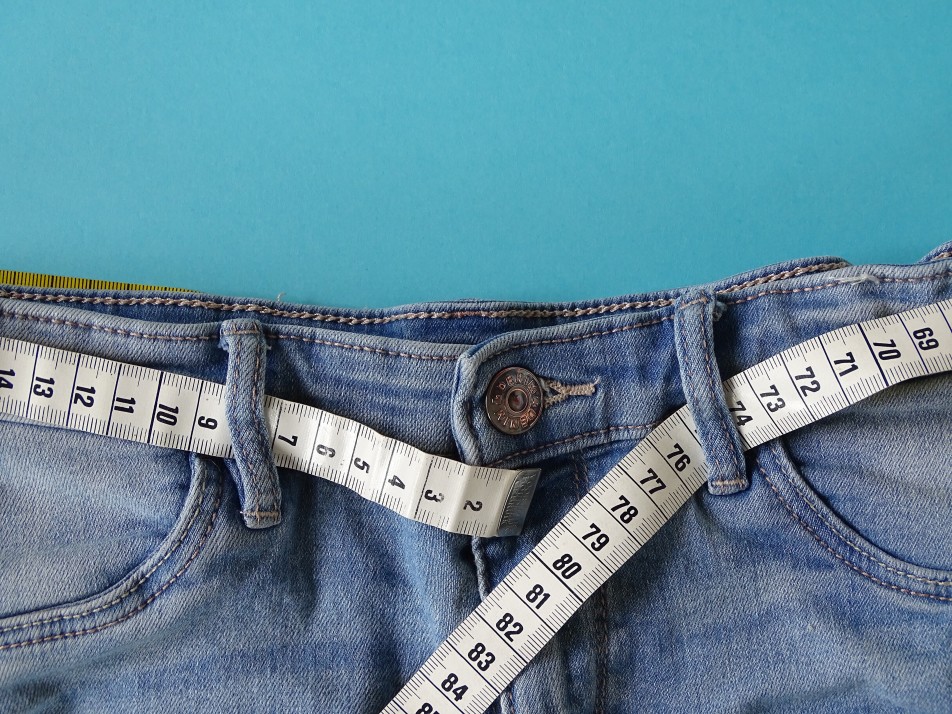The UK Health Secretary has asked every overweight Brit to lose at least 5lbs to save lives and £100 million.
Even before the coronavirus pandemic, the NHS was widely seen as under strain. The number of patients needing its assistance was outstripping the amount of resources - doctors and nurses, hospital beds, money etc. - that the service had to treat them. Covid-19, of course, has made this problem much worse. For the government, there were two ways to fix the problem. They could boost the NHS's capabilities (by, say, giving it more money, building more hospitals, or hiring new staff) or they could decrease its burdens, by reducing the number of people showing up to hospital in the first place.
Their new weight-loss policy is firmly in the second camp. Having a higher-than-recommended BMI is linked to a bunch of serious health conditions including, crucially, a bad or even deadly case of coronavirus. So the government wants to slim its citizens down. To do this, it plans to put pressure on both businesses and individuals. Food companies will face new regulations, including a ban on pre-watershed ads for junk food, no more BOGOF deals on unhealthy snacks, and a requirement to display calories on menus. Overweight people will be prescribed fitness classes and there will be ‘weight-loss coaches’ at GP surgeries.
The government is probably right that a collective diet would provide financial benefits to the NHS and health benefits to some individuals. But the campaign is likely to be controversial. For some, the main issue is that it probably won’t work: the factors that go into our body shape are complicated, and weight loss isn’t easy. Unhealthy diets and a lack of mobility are often tied up with big problems like poverty and long working hours (and, uh, a global pandemic and lockdown) which the government’s proposals will do little to fix.
Other people think governments have no business telling people to lose weight regardless of how ‘beneficial’ they think it is. They point out that people frequently and happily choose to do things that trade off some health risk for short-term pleasure or convenience: we do this every time we drive a car or drink a glass of wine or go base jumping. Plus, there is already a great deal of societal bias and prejudice against fatter forms, so some are concerned that the government’s statements will encourage people to assign some level of responsibility or blame to larger people for the death toll and NHS strain caused by Covid-19. Implicitly or explicitly criticizing overweight people is also likely to cause damage to their mental health… which incidentally is something else that costs the NHS a lot of money each year.
Read our explainer on: social norms

